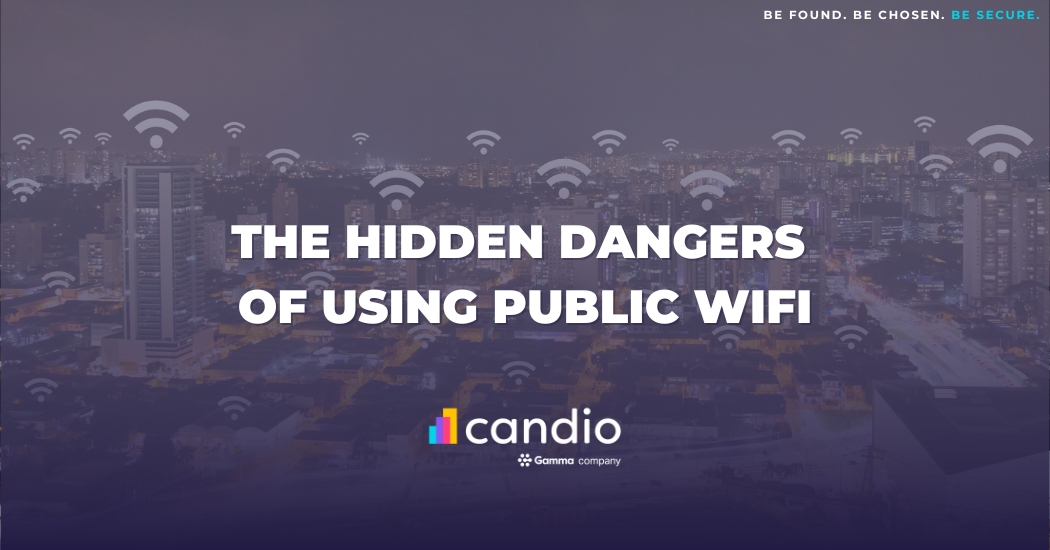In today’s hyper-connected world, access to the internet is almost as essential as electricity or running water. Whether you’re at a coffee shop, airport, hotel, or library, public Wi-Fi networks provide convenient and often free access to the internet. But while it’s tempting to connect to these networks without a second thought, doing so can expose you to significant security risks.
In this blog, we’ll explore the hidden dangers of using public Wi-Fi and offer tips on how to protect yourself.
The Allure of Public Wi-Fi
Public Wi-Fi networks are everywhere. They offer a quick way to check your email, browse social media, or even get some work done while on the go. The convenience is undeniable, especially when you’re away from home or need to save on mobile data.
However, this convenience comes with a price that many are unaware of until it’s too late.
The Risks of Public Wi-Fi
- Man-In-The-Middle (MITM) Attacks
- One of the most common threats on public Wi-Fi networks is the Man-in-the-Middle attack. In a MITM attack, a hacker intercepts the communication between your device and the internet. This allows them to steal sensitive information, such as login credentials, credit card numbers, or personal emails, without you even realising it.
- Unencrypted Networks
- Many public Wi-Fi networks lack encryption, meaning that the data transmitted between your device and the network is not secure. On an unencrypted network, anyone with the right tools can easily intercept and read your data. This includes everything from your browsing history to the passwords you enter.
- Rogue Hotspots
- Hackers can set up fake Wi-Fi networks that mimic legitimate ones, often with similar names. Once connected, your data is routed through their server, giving them access to anything you send over the network. These rogue hotspots are particularly dangerous because they can be hard to distinguish from legitimate networks.
- Malware Distribution
- Public Wi-Fi networks can be used to distribute malware. Hackers can exploit vulnerabilities in your device or the network itself to install malicious software without your knowledge. This malware can then be used to steal information, track your activity, or even take control of your device.
- Session Hijacking
- Even if a website uses HTTPS, you can still be vulnerable to session hijacking on public Wi-Fi. Hackers can steal session cookies, which store your login information, and use them to gain unauthorized access to your accounts. This is particularly dangerous for online banking or any site where sensitive information is stored.
How to Protect Yourself on Public Wi-Fi
Use A Virtual Private Network (VPN)
A VPN encrypts your internet connection, making it much harder for hackers to intercept your data. By routing your traffic through a secure server, a VPN provides an additional layer of protection on public Wi-Fi networks.
Enable Two-Factor Authentication (2FA)
Two-factor authentication adds an extra step to your login process, usually requiring you to enter a code sent to your phone or email. Even if a hacker steals your password, they won’t be able to access your accounts without the second factor.
Avoid Sensitive Transactions
If possible, avoid conducting sensitive transactions, such as online banking or shopping, while connected to public Wi-Fi. If you must perform these tasks, ensure you’re using a VPN and that the website is secure (look for ‘HTTPS’ in the URL).
Turn Off File Sharing
Make sure that file sharing is turned off on your device when using public Wi-Fi. This can prevent hackers from accessing your files and personal data.
Forget The Network
After you’ve finished using a public Wi-Fi network, make sure to forget it on your device. This prevents your device from automatically reconnecting to the network in the future, which could expose you to security risks.
Keep Your Software Updated
Regularly updating your device’s operating system and applications ensures that you have the latest security patches, which can help protect against vulnerabilities that hackers might exploit.
Conclusion
Public Wi-Fi networks are a convenient way to stay connected, but they come with significant risks. By understanding these dangers and taking the necessary precautions, you can enjoy the benefits of public Wi-Fi without putting your personal information at risk.
Remember, when it comes to cybersecurity, it’s always better to be safe than sorry. So the next time you connect to a public Wi-Fi network, think twice about what you’re doing and take the necessary steps to protect yourself.
